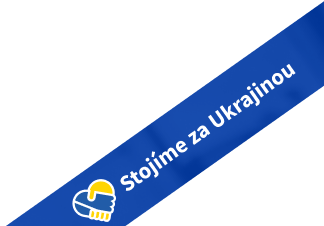čtvrtek 17. 10. 2024 14:00
lecture | Meeting room of the Institute of Philosophy, Jilská 1
Giovanni Sambin: Mathematics as a natural and dynamic process. Philosophical arguments
Organized by the Department of Logic
Detailed information
Giovanni Sambin (Padua): Mathematics as a natural and dynamic process. Philosophical arguments.
Abstract
Viewing mathematics as a natural and dynamic process offers an explanation for its effectiveness that is totally free of supernatural assumptions and is therefore virtually verifiable. Considering mathematics as a cultural product offers an explanation for its historical evolution and at the same time for its being commonly perceived as externally existing. Consequently, the concept of truth also changes: one moves from a truth that is given to a careful management of acquired information. To this aim, one must keep all conceptual distinctions and thus adopt a minimal stock of assumptions.
Adopting this minimalist foundation not only allows one to develop mathematics at will, but also brings out deep structures and solves problems that were previously left in the dark. Also, it turns out that topology is crucial in keeping the real aspects of mathematics, expressed by pointfree topology, distinct from the ideal aspects, expressed by ideal points and spaces over a pointfree structure. These are thus introduced mathematically and explicitly, and justified by their conservativity over the real aspects, and not declared to exist by the pure logical consistency of the formal system by which they are implicitly defined. In this way, an ideal abstract mathematics can be developed that does not suffer from the abstrusities of axiomatic set theory ZFC and, in particular, maintains the priority of the computational aspects of mathematics.
All of this can be seen as the beginning of a new paradigm in mathematics, in the sense of Kuhn, or as the completion of the set-theoretic revolution initiated by Frege and Cantor. Either way, it establishes a healthier and more direct relation to reality, not mediated by ideologies of various kinds.
****
Professor Sambin will give a lecture on the corresponding mathematical arguments on Wednesday 16 October, 16.00, in room 318 of the Institute of Computer Science, Pod Vodárenskou věží 2


